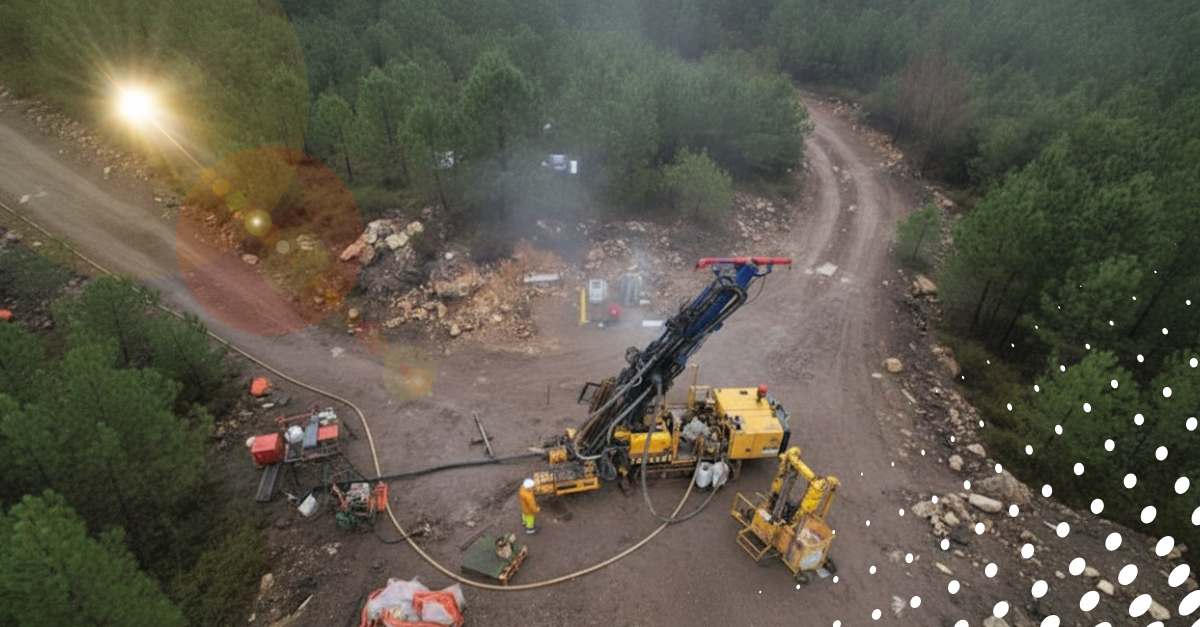The Swedish Parliament (Riksdag) has narrowly voted to lift the national ban on uranium mining, reopening the door to domestic extraction of the nuclear fuel for the first time since 2018.
The decision passed by just one vote, with support from the government coalition and the Sweden Democrats, while the opposition — including the Green Party and Social Democrats — strongly opposed the measure.
Supporters of the move argue that uranium mining is essential for Sweden’s long-term energy stability as the country expands its nuclear power capacity. Critics, however, warn that the decision poses significant environmental and social risks, particularly for rural municipalities with uranium-rich deposits.
“This is a step backwards for environmental protection and public safety,” said Amanda Lind, a Green Party representative, sharply criticising the government’s decision.
Key Changes and Next Steps
Under the new legislation, mines with small uranium reserves will no longer be subject to strict permit requirements or municipal veto rights, which had previously allowed local authorities to block mining projects.
This effectively simplifies the approval process and allows uranium to be treated as a secondary raw material in broader mining operations.
The legal changes will take effect on January 1, with further reforms planned for mid-2026 that could fully abolish municipal veto powers and reclassify uranium extraction from a “nuclear instrument” to a “nuclear activity,” reducing procedural delays for industry.
Local Concerns
The decision has sparked strong reactions in uranium-rich regions such as Falköping, Östersund, and Vilhelmina, where local leaders and residents fear potential impacts on water quality, farmland, livestock, and rural landscapes.
“We risk losing public trust if local communities feel overruled,” said one municipal council member quoted in Swedish media.
Nuclear Expansion Context
Sweden currently operates six nuclear reactors and plans to build additional ones in the next decade to meet rising electricity demand and reduce dependence on fossil fuels.
The previous uranium mining ban, introduced in 2018 by the Social Democratic government, aimed to limit environmental risks and reduce nuclear proliferation concerns.
However, following Russia’s invasion of Ukraine in 2022, Sweden halted uranium imports from Russia, which previously supplied state-owned utility Vattenfall AB. The government now sees domestic uranium extraction as a way to cut import costs and secure a stable fuel supply for its expanding nuclear fleet.
The Bigger Picture
The debate highlights Sweden’s broader energy dilemma — how to balance green transition goals, energy independence, and public environmental concerns.
While the repeal marks a significant policy shift, it also deepens divisions between advocates of energy security and defenders of environmental safeguards.

